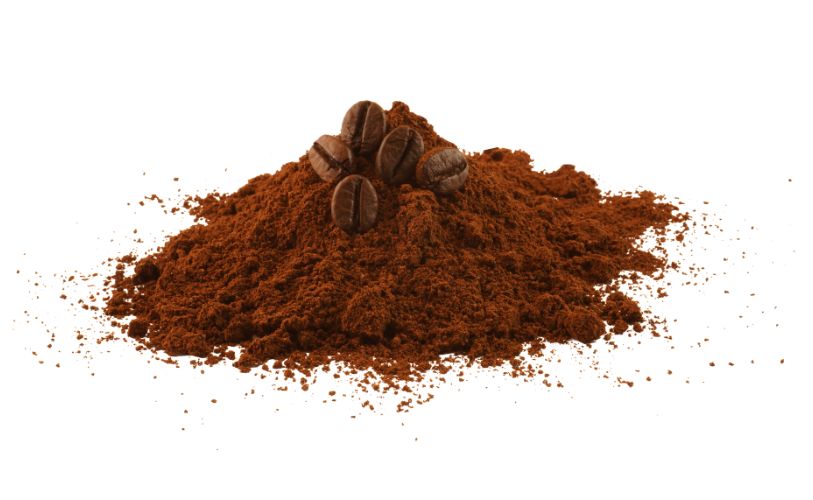In the world of coffee, freshness is synonymous with quality. But what happens as time goes on? Immerse yourself in this comprehensive class to discover the secrets behind coffee expiration, a journey that will transform how you store and enjoy your next cup.
How long does coffee last?
Coffee, that elixir of life for many, has a shelf life that varies widely depending on its form. In general, coffee can maintain its optimal freshness and flavor for months or even years if stored correctly.
However, to truly understand how long you can enjoy your coffee at its best, it's crucial to break this question down into three key categories: whole bean coffee, ground coffee, and capsule coffee.
Each of these formats has its own expiration rules, influenced by factors such as storage method, exposure to air, light, and humidity.
Next, we'll explore in detail how these factors affect the shelf life of each type of coffee, ensuring you always enjoy a fresh and delicious cup.
Expiration date of coffee beans
Whole bean coffee is the champion of longevity in the coffee world, thanks to its ability to retain freshness and flavor.
When stored properly in a cool, dry place away from direct sunlight, coffee beans can maintain their optimal quality for up to a year after their roasting date . In ideal conditions, they can even extend their freshness beyond this period without significantly losing their characteristics.
The key to maximizing the shelf life of coffee beans lies in keeping them in an airtight container, minimizing their exposure to oxygen, the main cause of deterioration.
Expiration date of ground coffee
Ground coffee, being more exposed to air and having a larger surface area in contact with it, loses its freshness more quickly than whole bean coffee.
Generally, coffee can maintain its optimal quality for about 3 to 4 months if stored in an airtight container in a cool, dry place. Grinding increases oxidation and reduces the coffee's shelf life, so it's advisable to grind only the amount needed for immediate consumption.

Expiration date of coffee capsules
Coffee capsules are known for their convenience and for offering extended freshness thanks to their airtight packaging. These capsules are designed to keep the coffee isolated from air, light, and moisture, factors that accelerate degradation.
As a result, coffee capsules can retain their quality for up to 9 to 12 months from their production date . However, it is important to store them in a cool, dry place to maximize their shelf life.
Although the packaging helps preserve the flavor and aroma, once the recommended expiration date has passed, the quality may begin to decline, although at a slower rate compared to whole bean or ground coffee .
How can you tell if coffee is no longer good? (apart from the dates indicated)
Even though the dates indicated on coffee packages serve as a guide, there are clear signs that can help you determine if your coffee is no longer at its best for consumption.
First, aroma is a key indicator; fresh coffee gives off a rich and appealing smell, while brewed coffee loses this intensity, adopting a flat or even unpleasant smell.
Second, the appearance may change; if you notice that the ground or whole bean coffee has lost its shine or looks paler, it could be a sign that it is no longer fresh.
Third, taste is the final judge; coffee that has lost its freshness often tastes bitter or simply lacks depth and complexity in its flavor profile.
If you notice a significant decrease in the flavor or aroma of your coffee when brewing it, it's likely past its peak. Listening to your senses will help you always enjoy a cup of coffee that is both satisfying and safe.
Is it okay to drink coffee once it has passed its expiration date?
Drinking coffee past its expiration date is generally safe , although the experience may not be the most pleasant in terms of taste and aroma.
The expiration date on coffee packages most often indicates the period until which the product will maintain its optimal quality , rather than a strict food safety limit. After this date, the coffee is likely to begin losing its distinctive characteristics, becoming more bitter and less aromatic.
However, if the coffee has been stored properly, minimizing its exposure to air, humidity, and light, it can still be consumed long after the date indicated .
The key is to evaluate the coffee using your senses: observe its appearance, smell its aroma, and, if you decide to taste it, pay attention to its flavor. If the coffee seems to be in good condition and has no unpleasant tastes, then it can be consumed without worry .
However, if you notice any signs of mold or a strange odor, it's best to discard it to avoid health risks.







